Cellular therapy is a type of treatment that uses cells to replace or repair damaged tissue or cells. It is a rapidly developing field with the potential to treat a wide range of diseases and conditions. There are many different types of cellular therapies, but they all work in a similar way. The cells are harvested from the patient’s own body (autologous) or from a donor (allogeneic). The cells are then processed and cultured in a laboratory. Once the cells are ready, they are injected back into the patient. Cellular therapies are being studied for a wide range of diseases and conditions, including:
Cancer, Heart disease, Stroke, Alzheimer’s disease, Parkinson’s disease, Diabetes.
Kidney disease, Liver disease, Spinal cord injuries, Burns, Wound healing and many more conditions.
Cellular therapies are still in the early stages of development, and they have the potential to revolutionize the way we treat diseases. With further research and approval, cellular therapies offer new hope for patients with a wide range of conditions. Some of the benefits of cellular therapy include:
It can be used to treat a wide range of diseases and conditions.
It can be used to replace or repair damaged tissue or cells.
It can boost the immune system.
It can help to prevent the recurrence of disease.
It is a minimally invasive procedure.
It has a low risk of side effects.
Here are some of the risks of cellular therapy:
It is a new and experimental treatment.
There is a risk of infection.
There is a risk of rejection.
There is a risk of side effects, such as inflammation and pain.
Overall, cellular therapy is a promising new treatment with the potential to revolutionize the way we treat diseases. More research regulatory approval is being carried out to determine the long-term safety and efficacy of cellular therapy, but it is a promising option for patients with a wide range of conditions. If you are interested in learning more about cellular therapy, talk to your doctor or join the Global Regenerative Medicine Society to be directed to an expert in the field of Cellular therapy.

